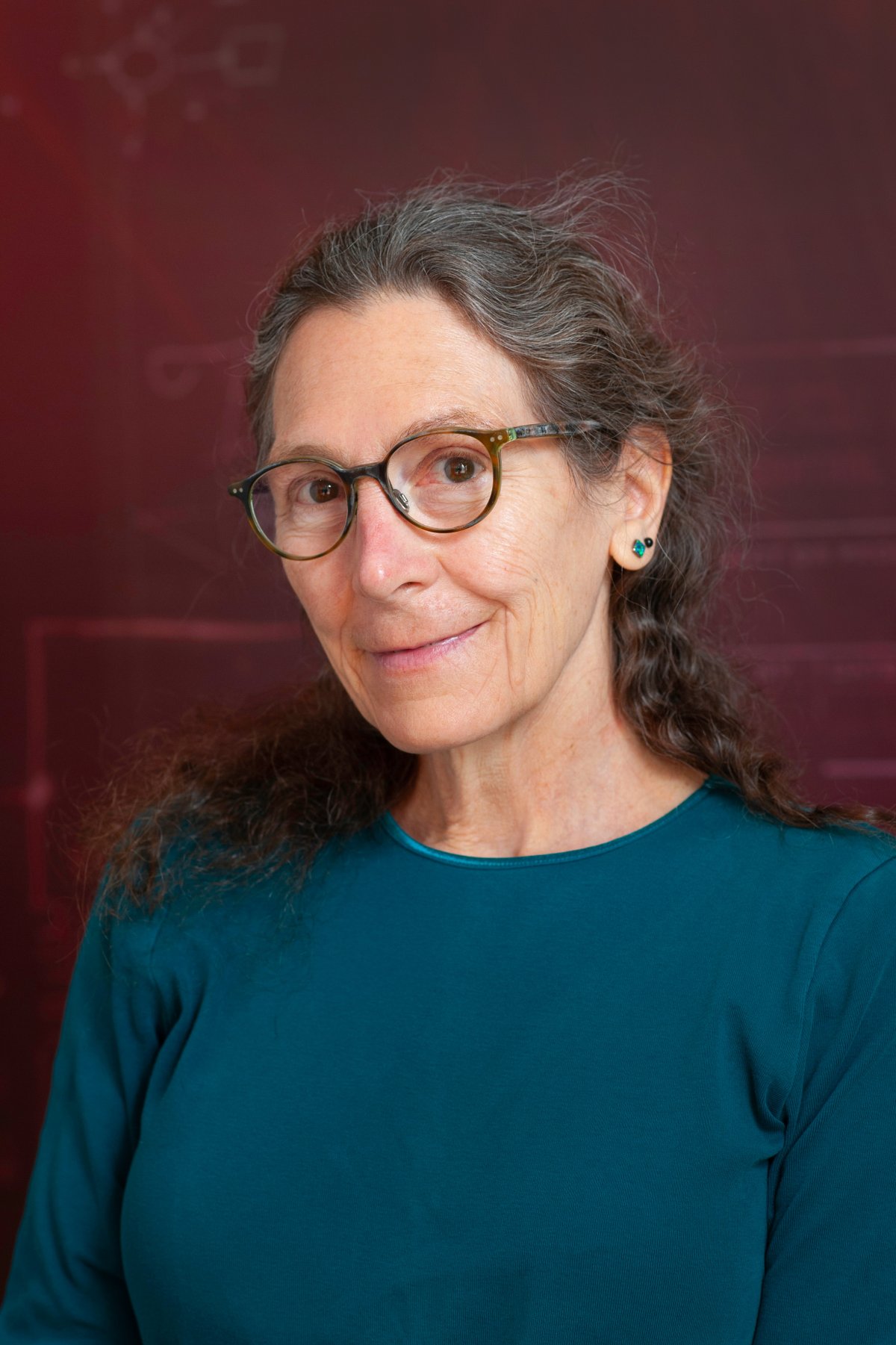Robotics Colloquium: Guest Speaker Victoria Interrante
Virtual Reality Nature Immersion for Stress Reduction and Enhanced Wellbeing
The potential health benefits of contemplative immersion in the natural world have been cited in the scientific literature for well over a century. Several theories have been advanced to explain the basis for the observed beneficial outcomes, including Stephen & Rachel Kaplan’s Attention Restoration Theory (ART), which posits that immersion in nature supports the restoration of depleted attentional capacity by evoking effortless ‘soft fascination’ while at the same time providing affordances for quiet reflection, and Edward Wilson’s Biophilia hypothesis, which advances the theory that human beings have an innate affinity for living things, including natural environments that support life in an evolutionary sense. The vast literature on beneficial outcomes from exposure to nature includes a wide range of findings, from reduced recovery time among surgical patients whose hospital rooms offer a view of nature, to increased cognitive abilities and lower physiological measures of stress after brief periods of walking in nature, to reduced risk of psychiatric disorders among people who had continuous access to green space as children. Given all of these benefits, there is increasing interest within multiple research communities to more clearly understand the conditions under which and mechanisms through which time spent in nature translates to increased well-being. In this talk, I will outline a nascent research agenda aimed at exploring the potential of using immersive virtual reality technology to extend the benefits of nature immersion to populations who due to either temporary or chronic circumstances cannot access real natural spaces, and to help elucidate the optimal design features of a virtual nature immersion experience to best support restorative outcomes.
short bio:
Victoria Interrante is a Professor in the Department of Computer Science at the University of Minnesota, where her research focuses on improving the human experience in immersive virtual reality environments. She also directs the university-wide Center for Cognitive Sciences and its accompanying interdisciplinary graduate program. In addition to her work with virtual nature, she and her students are pursuing projects on improving spatial understanding and reducing cybersickness in immersive virtual environments, and on enhancing the outcomes of potential bias mitigation interventions through the use of VR technology. She is a recipient of the 2020 IEEE VGTC Virtual Reality Career Award for her lifetime contributions to visualization and visual perception for augmented and virtual reality, and in 2022 was inducted into the inaugural class of the IEEE VGTC Virtual Reality Academy, which, among other things, recognizes individuals for their “cumulative and momentous contributions to research and/or development; broader influence on the field, the community, and on the work of others; and significant service and/or active participation in the community”
